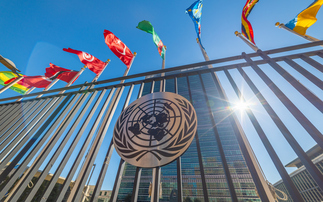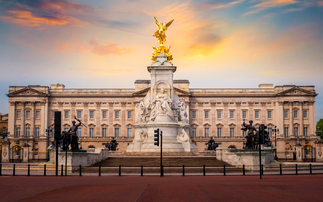The near complete absence of climate change from the annual parliamentary set piece only underscores the sense of drift within government on a host of environmental and energy issues
What follows is an intemperate climate hawk rant, which as such is bound to generate more heat than light. But if you, like me, were operating under the naive assumption the annual setting out of the...
To continue reading this article...
Join BusinessGreen
In just a few clicks you can start your free BusinessGreen Lite membership for 12 months, providing you access to:
- Three complimentary articles per month covering the latest real-time news, analysis, and opinion from Europe’s leading source of information on the Green economy and business
- Receive important and breaking news stories via our daily news alert
- Our weekly newsletter with the best of the week’s green business news and analysis









